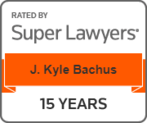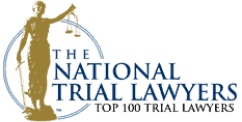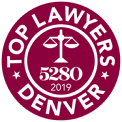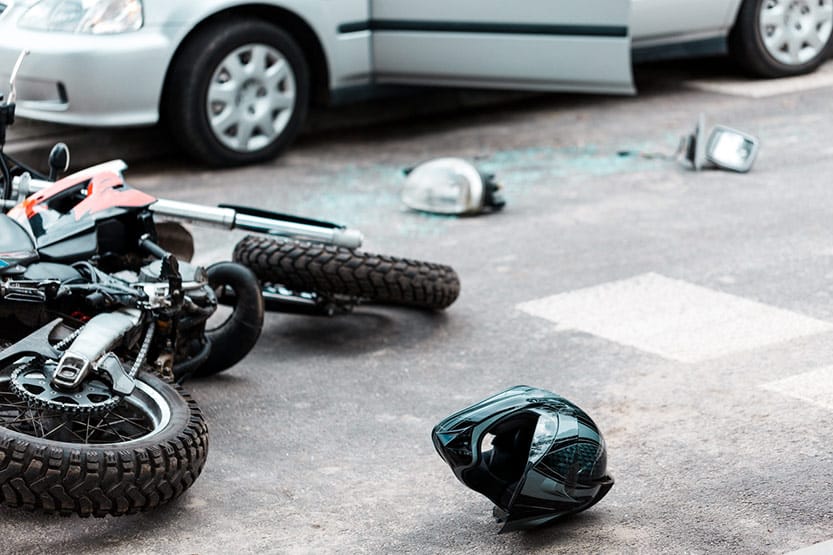COLORADO MOTORCYCLE LAWS
Colorado, with its vast and scenic landscapes, is a haven for motorcycle enthusiasts who crave the thrill of riding on two wheels. However, as in any other state, Colorado has specific laws and regulations governing motorcycle operations to ensure rider safety and adherence to traffic rules.
These laws cover various aspects, such as licensing requirements, helmet usage, motorcycle equipment standards, and traffic regulations. By understanding these laws thoroughly, riders can enjoy their journeys throughout the beautiful state of Colorado while also ensuring safety, compliance with legal obligations, and reducing the risk of accidents.
Bachus & Schanker Wins – Over $1 Billion Recovered
- What do I need to drive a motorcycle in Colorado?
- Is it required to have a motorcycle license in Colorado?
- How do you get a motorcycle endorsement in Colorado?
- Do out-of-state motorcyclists require a motorcycle license?
- Does Colorado have a helmet law for motorcycles?
- Is lane splitting on a motorcycle legal in Colorado?
- Is lane splitting legal in Denver?
- Are turn signals required on motorcycles in Colorado?
- What is the legal motorcycle cc in Colorado?
- Is eye protection required in Colorado?
- Are passengers allowed on motorcycles in Colorado?
- Operating a motorcycle in Colorado
- Colorado motorcycle injury attorneys
- Visit Our Office Locations Across Colorado & Beyond
- Related Motorcycle Accidents Resources
- You Deserve Fair Compensation
What do I need to drive a motorcycle in Colorado?
To legally drive a motorcycle in Colorado, you must meet the following requirements:
- Motorcycle endorsement or license: You need a valid motorcycle endorsement on your driver’s license or hold a separate motorcycle license
- Age requirement: If you are under 18, you must have parental consent and complete an approved Basic Rider Course (BRC) to obtain a motorcycle endorsement
- Knowledge test: You must pass a written knowledge test administered by the DMV that assesses your understanding of safe riding practices, traffic laws specific to motorcycles, and the rules of the road
- Riding skills test: In addition to the written knowledge test, you must pass an on-cycle riding skills test. This practical exam evaluates your ability to handle a motorcycle safely in various real-life scenarios.
- Insurance: It is mandatory to have liability insurance coverage for your motorcycle in Colorado
- Motorcycle registration: Your motorcycle must be registered with the DMV and display valid license plates or temporary permits
- Compliance with equipment standards: Ensure that your motorcycle meets all applicable safety and equipment standards outlined by Colorado law, including proper functioning lights, mirrors, tires with adequate tread depth, brakes in good working condition, and a properly mounted license plate
Is it required to have a motorcycle license in Colorado?
Yes, current motorcycle laws in Colorado require a valid motorcycle license, or the motorcycle endorsement on your existing driver’s license to legally operate a motorcycle on public roadways — operating a motorcycle in Colorado without a valid license is illegal.
How do you get a motorcycle endorsement in Colorado?
Getting a motorcycle endorsement in Colorado involves completing specific requirements set by the state’s Department of Revenue Division of Motor Vehicles (DMV). You need to follow these steps:
- Obtain a valid Colorado driver’s license: Before applying for a motorcycle endorsement, you must already have a valid driver’s license issued by the state
- Enroll in and pass an approved motorcycle safety course: Colorado requires all riders under 18 to complete an approved Basic Rider Course (BRC) as part of their endorsement process. Although individuals over 18 are not required to take the course, it is highly recommended for new riders to gain essential knowledge and skills.
- Visit your local DMV office: Once you have completed the necessary safety course, visit your local DMV office to apply for a motorcycle endorsement. Bring the following documents with you:
- Valid identification
- Proof of residency in Colorado
- Social Security card or equivalent documentation
- Completed application form (available at the DMV)
- Pass the written and riding tests: At the DMV, you must pass both a written knowledge test and an on-cycle riding skills test. These assessments evaluate your understanding of motorcycle laws in Colorado and safe riding techniques.
- Pay fees and receive your endorsement: After successfully completing all requirements, pay any applicable fees and receive your motorcycle clearance either as an endorsement on your existing driver’s license or as a separate motorcycle license. Once you have your endorsement, you can legally operate a motorcycle in Colorado.
Do out-of-state motorcyclists require a motorcycle license?
Yes, Colorado motorcycle laws require a motorcycle license. All motorcycle drivers must have a valid license to operate in the state. Colorado will accept the endorsement on your out-of-state license. You may legally drive with your out-of-state motorcycle license in Colorado.
Does Colorado have a helmet law for motorcycles?
Yes, current motorcycle laws have a helmet law for motorcycles. However, the law only applies to minors under the age of 18. If you’re over 18, wearing a helmet in Colorado is optional. For drivers and riders under the age of 18, helmets are mandatory. The helmet must be U.S. Department of Transportation approved.
Is lane splitting on a motorcycle legal in Colorado?
Current laws in Colorado make it illegal to lane split. Lane splitting is the practice where a motorcyclist overtakes and passes other vehicles in the same lane or between lanes of vehicles. However, HB23-1059 was introduced in the 2023 Regular Session, a motorcycle lane splitting study to determine whether lane splitting should be allowed.
Is lane splitting legal in Denver?
The same state laws apply in Denver as in the rest of the state.
Are turn signals required on motorcycles in Colorado?
Turn signals are not required on motorcycles in Colorado. While turn signals are mandatory on motorcycles in other states, Colorado doesn’t have the requirement. There’s no law about handlebar height, either. You must have at least one mirror, however. You must also have operational lights at night.
What is the legal motorcycle cc in Colorado?
Any scooter, moped, or motorcycle with a 50cc engine or larger is considered a motorcycle in Colorado. It must be insured and legally registered with the DMV to operate it.
Is eye protection required in Colorado?
Colorado motorcycle eye protection laws require all drivers and passengers to wear eye protection at all times. A visor on a helmet satisfies the requirement. Goggles and eyeglasses with plastic or safety glasses are sufficient to comply with the law. There are no exceptions. All motorcyclists and passengers on the roads in Colorado must wear eye protection.
Are passengers allowed on motorcycles in Colorado?
Yes, passengers are allowed on motorcycles in Colorado as long as they meet the following conditions:
- There must be a seat for a passenger on the motorcycle
- There must be footrests for the passenger
- The passenger can be any age but must be able to reach the footrests
- The passenger must sit behind the operator or in a sidecar
- The passenger is required to wear eye protection or a helmet if they are under the age of 18
Operating a motorcycle in Colorado
Operating a motorcycle in Colorado requires following all the same traffic laws, rules, and regulations as other motorists. A motorcyclist has the right to full use of the road. When a motorcyclist is hurt in an accident, they have the same rights to recover compensation from the negligent and responsible party. Conversely, when a motorcyclist acts negligently on the road, they may be liable for injuries they cause during a motorcycle accident.
Colorado motorcycle injury attorneys
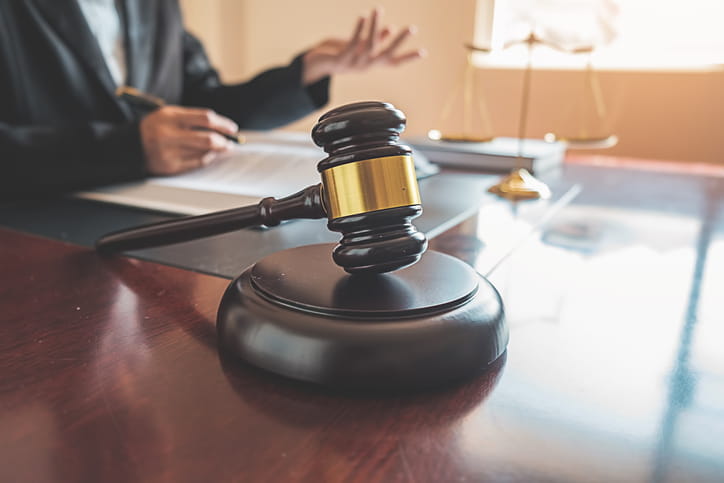
If you have been involved in a motorcycle accident in Colorado and need expert legal assistance, Bachus & Schanker is here to help. With our compassionate approach and track record of success, we will guide you through the legal process step by step. Our experienced Colorado motorcycle attorneys will fight tirelessly for your rights and help you seek fair compensation for your injuries.
Sources:
CRS 42-2-103. (2023).
CRS 42-4-1053. (2023).
CRS 42-4-1502. (2023).
CRS 42-4-232. (2023).
HB23-1059. (2023).
Visit Our Office Locations Across Colorado & Beyond
Serving Clients Nationwide
Related Motorcycle Accidents Resources
You Deserve Fair Compensation
Don’t let the insurance companies intimidate you into accepting less than you deserve. We’re ready to fight for you.

Written and Legally Reviewed By: Kyle Bachus
4.6 ★★★★★ 1,461 Google Reviews
Kyle is a member of the Colorado Bar associations and has served on the Board of Directors of the Colorado Trial Lawyers Association for more than twenty years in total. Over the years, Kyle has achieved justice for many clients. He has served on numerous committees and repeatedly won recognition from his peers at both the state and national level. He is proud of the role he has played in the passage of state and national legislation to protect consumers and is a frequent speaker and guest lecturer.
